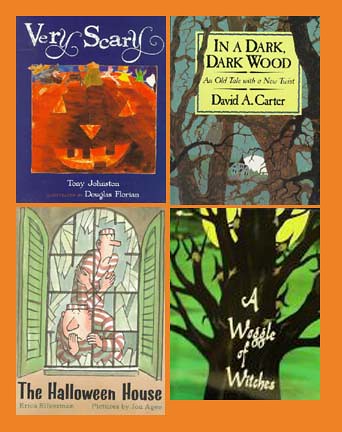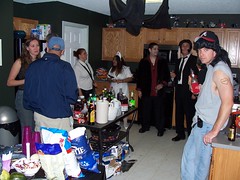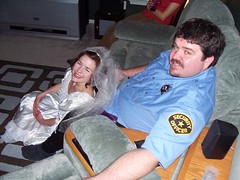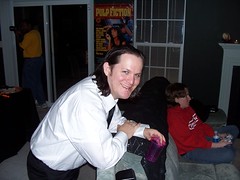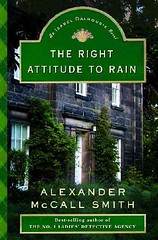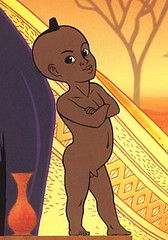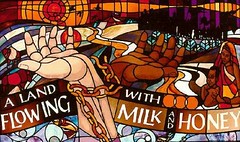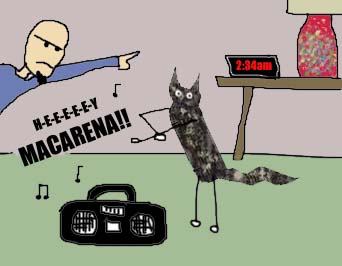As the November 7th Congressional Elections loom before us, there is another election that bears watching. And actually, it’s a runoff.
Congo. Zaire. DCR. All these names refer to
The Democratic Republic of the Congo, a country that is a microcosm of everything that can go wrong in a country. And it’s a mighty big microcosm, too, since it is the 2nd largest African country, next to Sudan. It’s history is full of some of the worst violence the continent has known.
Starting in the late 1800’s,
King Leopold II of Belgium made it his mission to help free and emancipate the native Africans from the Arab slave trade. He convinced world leaders to support his goal and made the Congo (then known as the Congo Free State) essentially his own private property, largely in part because of his influential role in the
Berlin Conference in 1884-5. He was well respected for his philanthropic goals. Unfortunately, this was all a terrible terrible lie, as Leopold’s involvement in the region ushered in the very worst of all the colonial exploitation in Africa.
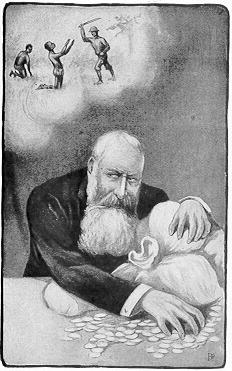
The Congo made him and his cronies very very wealthy from the profits of rubber collected from the rainforests of the Congo, and he did this through an administration unmatched in it ruthlessness and violence towards the Africans. All those photos of people with their hands lopped off? That was the punishment for resistance. Need more motivation? Collect your daily rubber quota or we’ll lop off your little children’s hands, too.
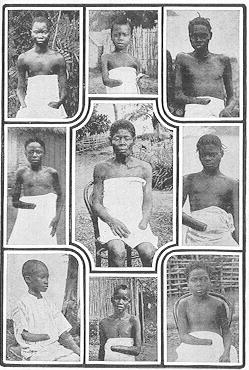
Millions are considered to have died due to the direct or indirect implications of this system. Luckily, Belgium and the rest of the world realized it had been duped, and Leopold’s personal reign came to an end.
[To read an absolutely riveting account of this mess, please read King Leopold’s Ghost by Adam Hochschild.]One would think that it would have to get better. Skip ahead to 1960. Belgium follows the tide of independence sweeping across Africa and grants the Congo its independence. Elections are held, and
Patrice Lumumba is elected prime Minister. Unfortunately, Lumumba couldn’t get the aid he wanted from the USA and began talking with the USSR in hopes of getting some assistance for his fledgling nation. Since there was a Cold War on, this didn’t sit well with the US, and with CIA assistance, one of Lumumba’s men led a coup which resulted in Lumumba’s execution within weeks of his election. The guilty party,
Mobutu Sese Seko, relinquished power only to lead another coup and take control of the nation in 1965. He would later rename it Zaire and rule the nation with an iron fist.
[To read a good first hand account of Mobutu’s rise and fall from power, read In the Footsteps of Mr. Kurtz, by Michela Wrong. Also, read Barbara Kingsolver’s novel The Poisonwood Bible, set during the Congolese independence struggle.]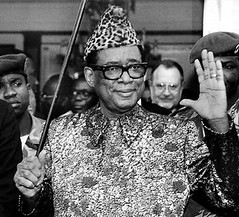
So what’s the significance of this in regards to the upcoming elections on October 29th? Well, this is the first election held since the election of Lumumba in 1961. Mobutu, with the help of his friends in the USA, clung to power for the next 32 years until he was ousted in 1997 by rebels led by Laurent Kabila and backed by Ugandan and Rwandan troops. [While Zaire remained one of the world’s poorest nations, what were Mobutu’s estimated personal assets at his death in 1997? No one knows for sure, as the man was adept at hiding his money. However, all estimates point to at least several billion dollars.] After Kabila took control, unfortunately these armed groups then turned on each other and have been in a guerilla / civil / proxy war with each other ever since. According to
a June 2006 article in Time magazine, this has been the world’s“deadliest war,” killing 4 million people since 1998.
This run-off on October 29th ( the follow-up to July elections) will determine the first democratically elected president in 40 years. The election is between the current president,
Joseph Kabila, the son of Laurent Kabila, and Jean-Pierre Bemba, a former rebel leader. There have been clashes between the supporters of these two men since a run-off was announced. Will this election help usher in some semblance of peace? We can pray that it will, but history doesn’t shine so optimistically on this struggling nation.
More links:
http://allafrica.com/stories/200610260477.htmlhttp://news.bbc.co.uk/2/hi/africa/5213400.stmhttp://allafrica.com/stories/200610270500.htmlWikipedia entry on the DCR
